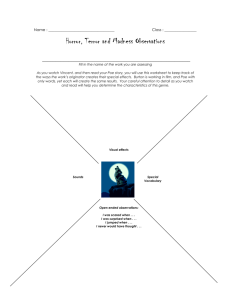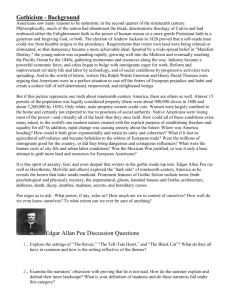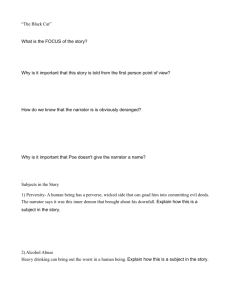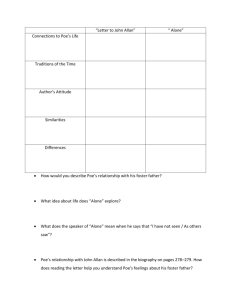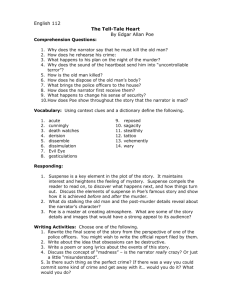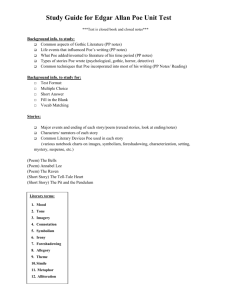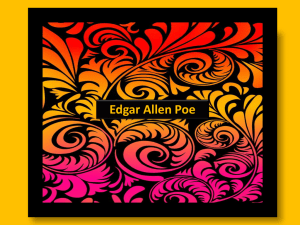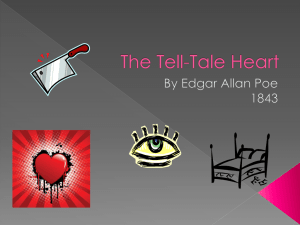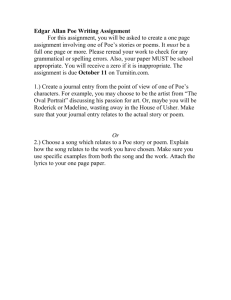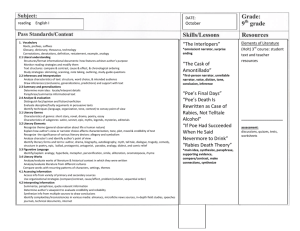Developing a Synthesis Essay
advertisement
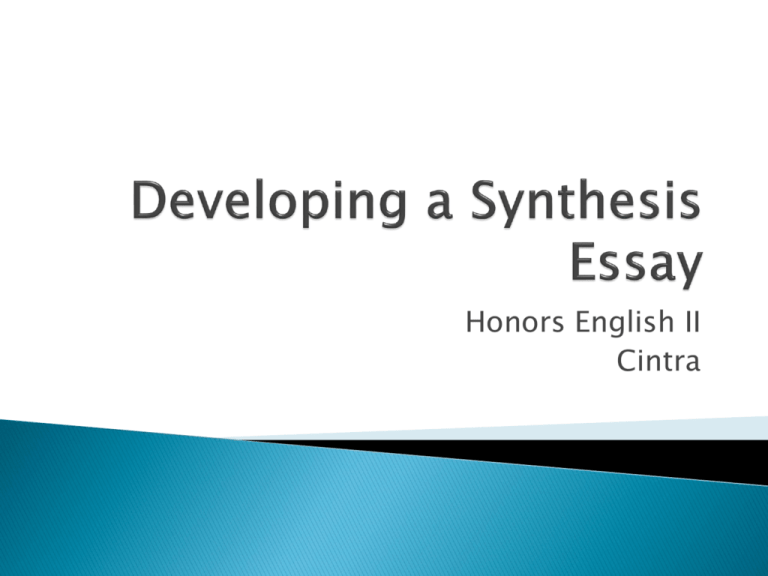
Honors English II Cintra Think about what your point is. What do you want to say and who do you want to say it to? Once you have this figured out, then you can write your thesis statement. A thesis is one or two sentences It has to work as a STATEMENT It clarifies the ONE main point of the paper It must be OPINIONATED Remember that it’s a sentence, so keep it clear, concise, and to the point! At this stage in the game, the best way to think of a thesis is statement is by stating This is your point and providing examples that the support your point. statemen Support t Ex: America’s youth is incapable of taking1 responsibility for their actions because there is lack of accountability in the average home life, the overwhelming idea of entitlement, Support 2 and the influence of modern media on the societal norm. Support 3 The way you develop your essay should be reflective of the way the thesis statement is written. 1st: lack of accountability in the average home life ◦ Give examples ◦ Use evidence to support ◦ Connect to the topic and thesis 2nd: overwhelming idea of entitlement ◦ Give examples ◦ Use evidence to support ◦ Connect to the topic 3rd: influences of modern media on the societal norm ◦ Give examples ◦ Use evidence to support ◦ Connect to the topic When writing you must include evidence to support your statement. Using evidence gives credibility to your argument and gives you credibility as an author because it shows that you’ve researched your topic and fully understand what you are saying. Regardless of how you set it up, you must have a citation for your quote. A citation must include the following: Author and source or place where it came from. May include a parenthetical citation if the quote is set-up to need it In MLA format, a parenthetical citation follows the quote and is written as such (author’s last name, page number of the source) Here are three possible ways to set-up a quote: Jane Smith, New York Times reporter, writes that “Jeffrey Dahmer was an undeniable freak.” “Jeffrey Dahmer was an undeniable freak,” says Jane Smith of the New York Times. After finding several bodies in his basement, it can be said that “Jeffrey Dahmer was an undeniable freak.” (Smith, 2) When you use someone else’s ideas or thoughts, you MUST give them credit, otherwise it’s called plagiarism. If you’ve read a text or reference an idea from a source, you MUST cite it! Look at this tutorial for a better idea: http://www.youtube.com/watch?v=n1RFLjs1XA Original: " He [Poe] makes us understand that the voluble murderer has been tortured by the nightmarish terrors he attributes to his victim..." (Gargano 1672). Paraphrase: Poe makes us comprehend that the talkative killer has been persecuted by the frightening horrors he assigns to his prey (Gargano 1672). Original source, from James W. Gargano's article "The Question of Poe's Narrators in 'The Tell-Tale Heart' and 'The Cask of Amontillado'": Poe intends his readers to keep their powers of analysis and judgment ever alert; he does not require or desire complete surrender to the experience of the sensations being felt by his characters. The point of Poe's technique, then, is not to enable us to lose ourselves in strange or outrageous emotions, but to see these emotions and those obsessed by them from a rich and thoughtful perspective. A paragraph that properly integrates a paraphrase of this source: Many of Edgar Allan Poe's narrators are unreliable, deceptive, or downright insane. For example, the narrators in both "The Tell-tale Heart" and "The Cask of Amontillado" are both murderers who are trying to justify or defend their actions. In their attempts to exonerate themselves, they likely will not tell the truth. Another deceptive narrator is the husband in "Ligeia." He describes taking opium on the night he claims to have seen Ligeia rise from the dead. Surely this event was a hallucination brought on his abuse of the drug. On the whole, Poe's narrators cannot be trusted, but he does not seem to want the readers to trust these men. James W. Gargano writes that Poe wants the readers of his stories to remain vigilant about questioning and interrogating his narrators, not to accept his narrators' version of the truth. He is not asking the reader to experience the story from the narrator's perspective, but rather to view the narrator's feelings from a detached point of view (Gargano 1672). Thus, reader can experience Poe's stories from two levels. They can enjoy the tale as told by the narrator, and they can analyze the way the narrator's outlook is shaped Go through the articles you’ve been given and begin to highlight specific quotes or thoughts that you may want to incorporate into your essay. Do this with the Lord of the Flies text as well. Organize your thoughts and begin writing. Make sure when you include a quote or paraphrase, that it flows naturally into the thought you are developing; that it supports what you are trying to say! That is the beauty of writing this. You should have substantial amount of your own words before and after a quote/paraphrase to show that this is actually beneficial to the thesis statement that you’re trying to prove!
